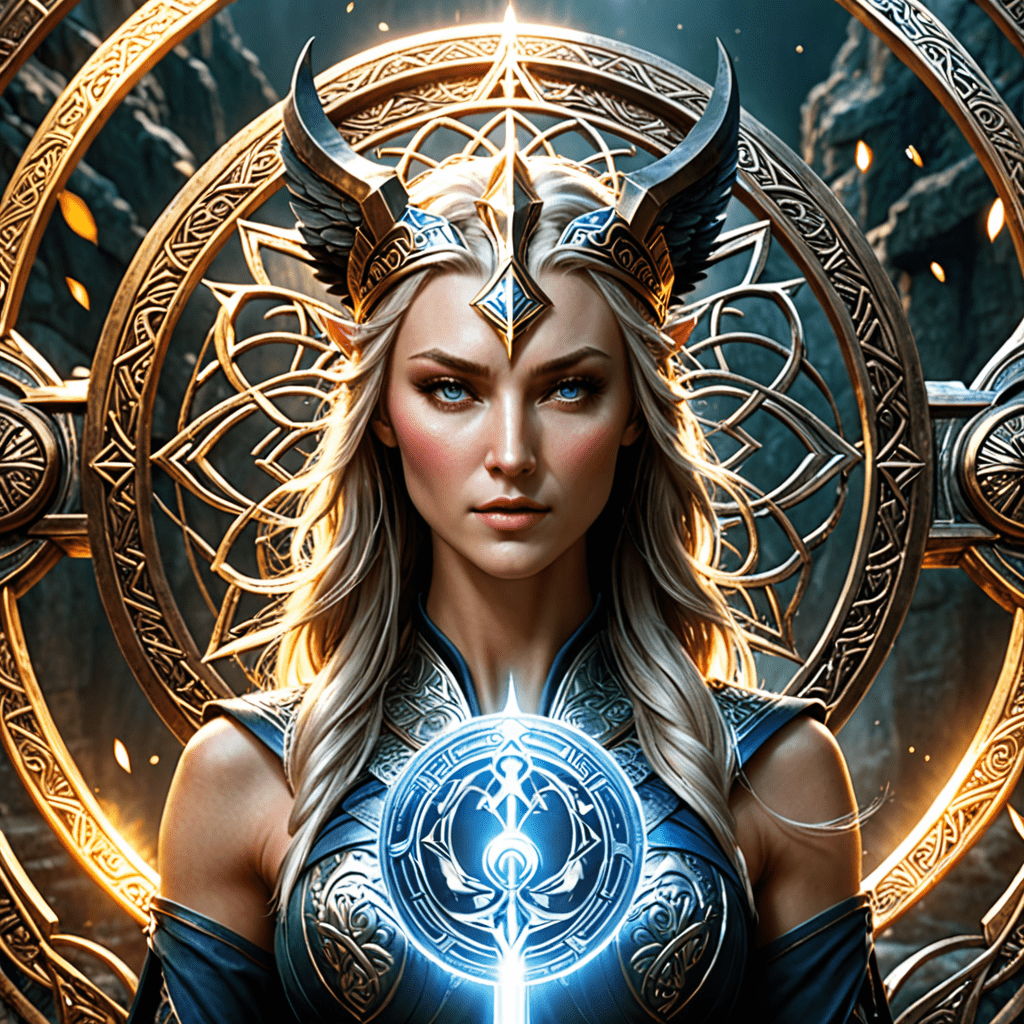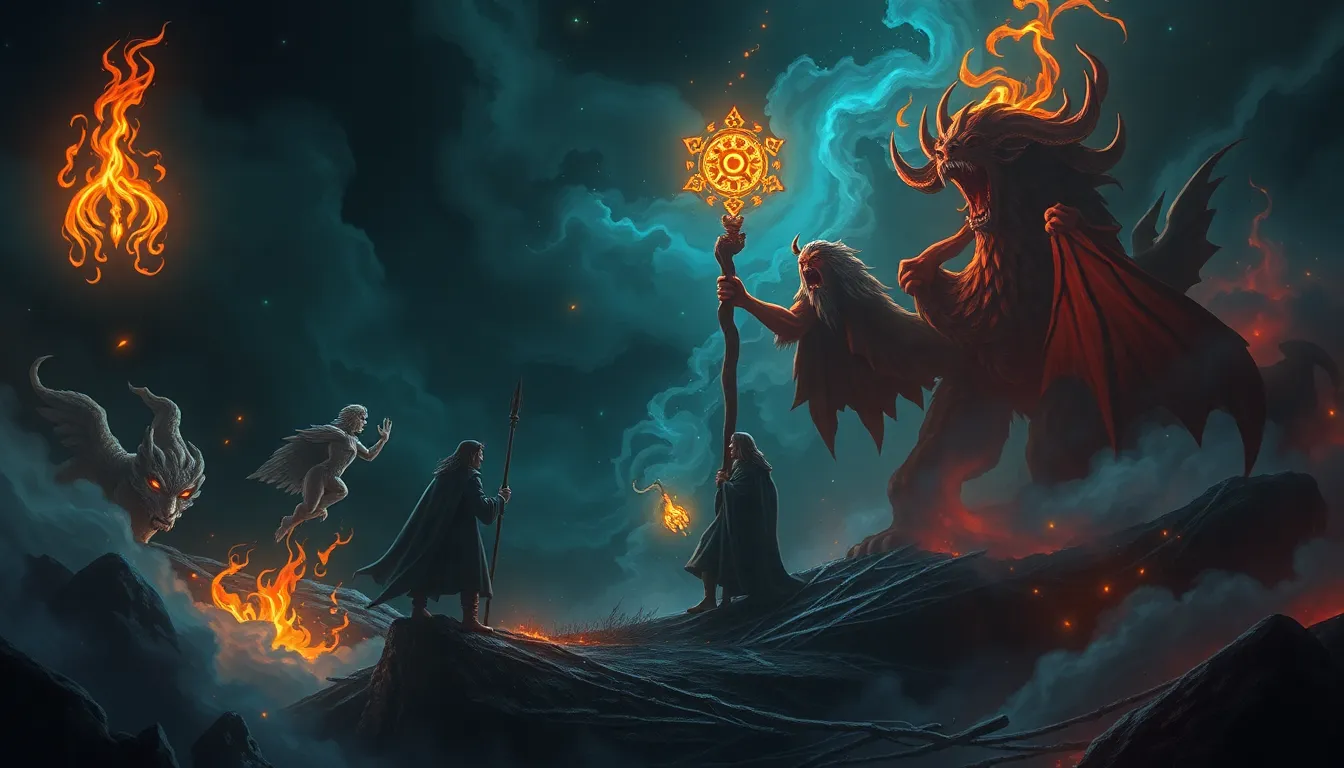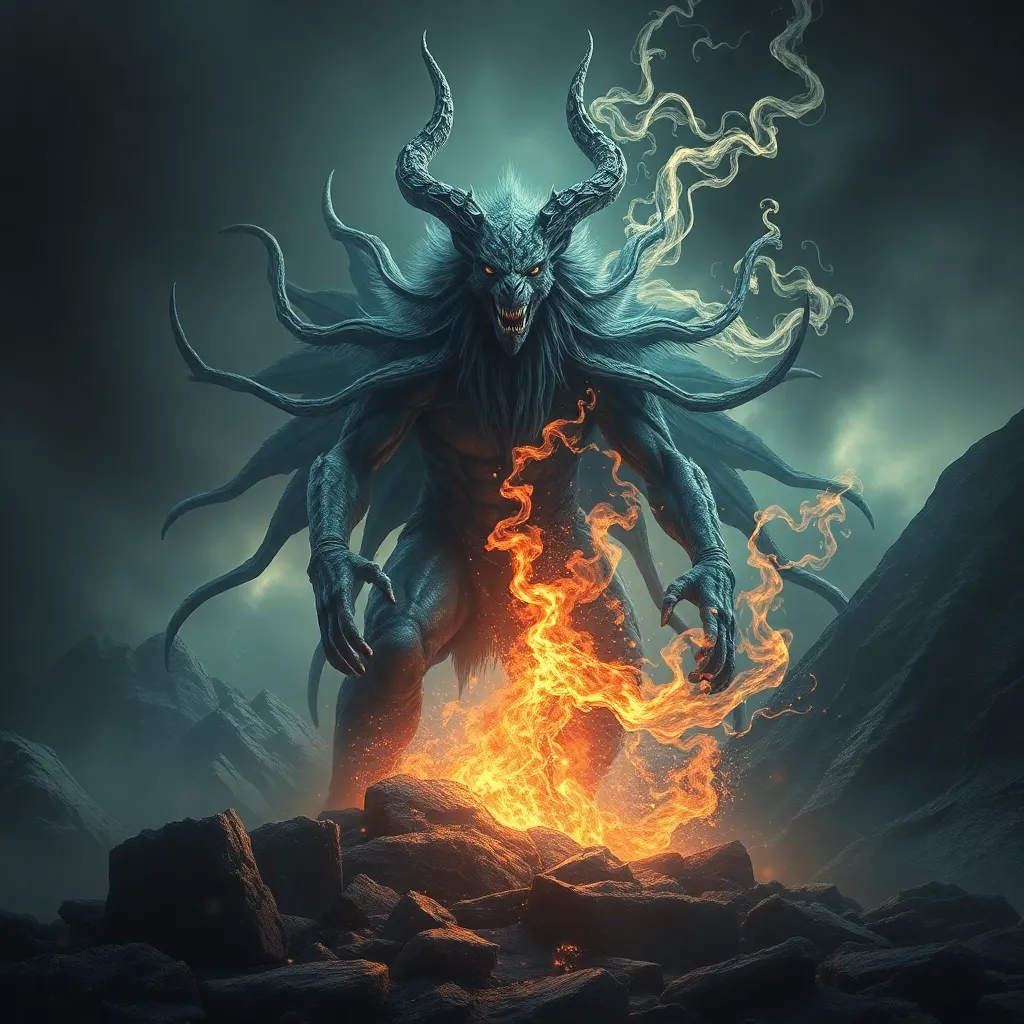The Concept of Fate in Norse Mythology compared to other mythologies
Fate, defined as a predetermined course of events that is beyond human control, plays a significant role in various mythologies around the world, shaping the destinies of both humans and gods. In this blog post, we will delve into the concept of fate in Norse mythology and compare it to other mythological beliefs.
1. The Norse Concept of Fate
In Norse mythology, fate is often portrayed as an intricate web, known as “Wyrd,” woven by the Norns, the three powerful female beings who oversee fate. The Norns decide the destinies of all beings, including the gods themselves, by crafting the threads of fate. This concept emphasizes the idea that events are predetermined and inevitable, highlighting the cyclical nature of life and the interconnectedness of all events.
2. Interaction with Mortals
Unlike some mythologies where mortals may challenge or even alter their destiny through heroic actions or divine intervention, in Norse mythology, fate is seen as absolute and unchangeable. The belief in fate being set in stone is deeply ingrained in Norse culture, reflecting the fatalistic worldview of the ancient Norse people.
3. Comparisons with Other Mythologies
When comparing the Norse concept of fate to other mythologies, we find that while in Norse mythology, fate is perceived as predetermined and unalterable, in some mythologies like Greek or Roman, there is room for choices and free will to influence destiny. Heroes in these mythologies often have the agency to shape their fate through their actions and decisions, sometimes defying the gods’ will.
4. Influence on Cultural Visions
The contrasting views on fate in various mythologies reflect diverse cultural attitudes towards concepts of destiny and agency. Norse mythology’s emphasis on fate highlights the acceptance of life’s uncertainties and the belief that one’s actions are guided by a higher cosmic order. On the other hand, mythologies that endorse free will underscore the significance of individual choice and empowerment in shaping one’s destiny.
FAQ: The Concept of Fate in Mythologies
What is the concept of fate in Norse mythology?
In Norse mythology, fate is governed by the Norns, who control the destiny of individuals and the world. They decide the fate of gods and mortals alike, weaving the threads of fate that determine the course of events.
How does the concept of fate in Norse mythology differ from other mythologies?
Unlike some other mythologies where fate is seen as predetermined and unchangeable, Norse mythology allows for some degree of agency and choice, even in the face of destiny. Heroes in Norse myths often try to defy their fate or alter the outcome, showcasing a more nuanced view of fate.
Are there similarities in the concept of fate across different mythologies?
Yes, many mythologies across different cultures incorporate the idea of fate or destiny as a powerful force shaping the lives of beings. Whether it’s the Moirai in Greek mythology, the Wyrd in Anglo-Saxon beliefs, or the concept of Karma in Hinduism, the notion of an inevitable fate is a common theme in myths worldwide.
Can individuals challenge or change their fate in Norse mythology?
While fate in Norse mythology is often depicted as inescapable, there are instances where individuals can influence their destinies through actions or choices



